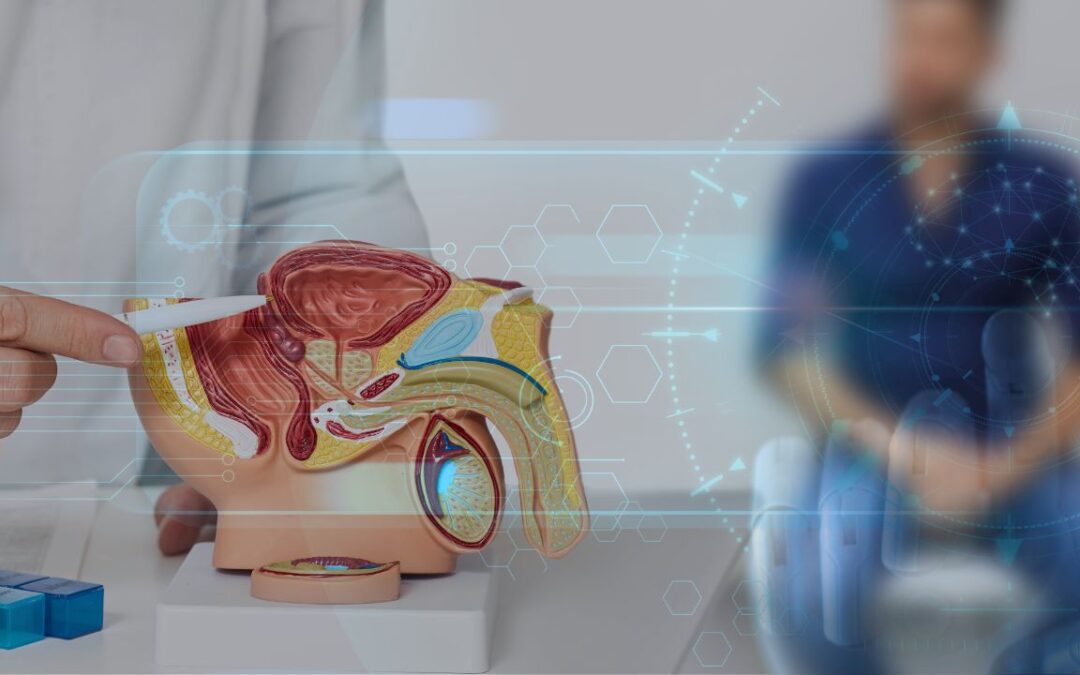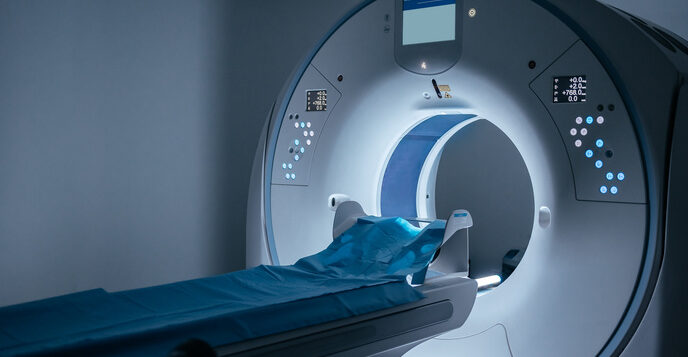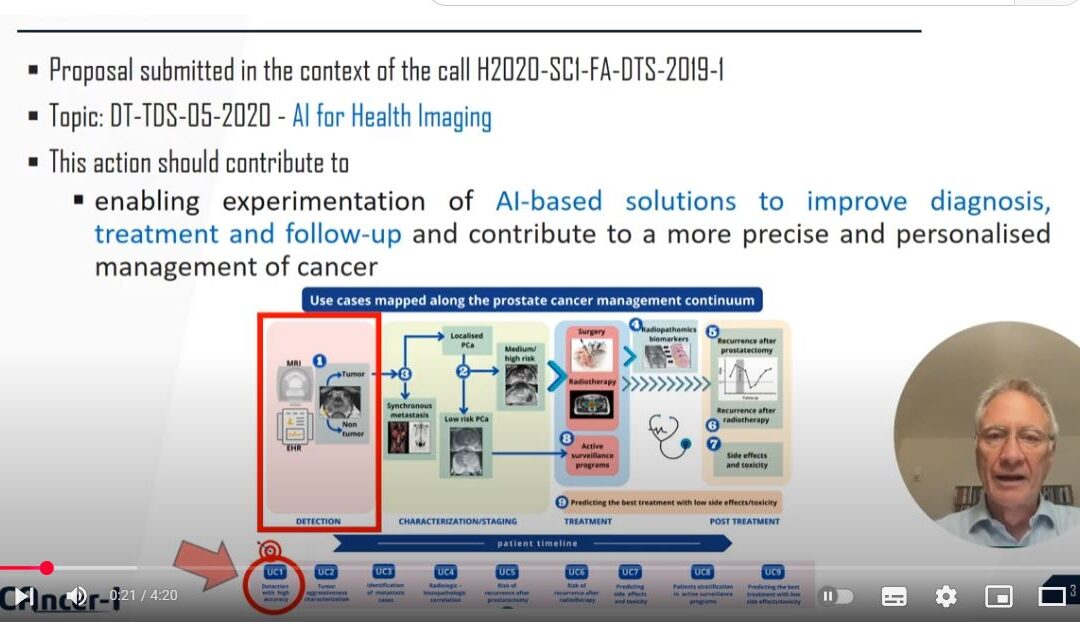The ProCAncer-I Consortium is organising a mini symposium under the scope Data Engineering in Cancer, chaired by prof. Dimitris Fotiadis and are inviting every interested stakeholder to participate. The mini symposium will take place during the IEEE EMBS International Conference on Data Science and Engineering in Healthcare, Medicine & Biology, in Malta (Hilton Malta Hotel) on December 7, 2023 – December 9, 2023, on the second day. The conference aims to highlight and discuss the challenges and opportunities of Data Science innovations in healthcare, medicine and biology, and how these innovations can be translated into cutting-edge healthcare and biomedical engineering curricula.
The program of the mini symposium:
Harnessing multimodal clinical predictive models for childhood tumors
Leonor Cerdá-Alberich et al., Instituto de Investigación Sanitaria La Fe, Spain
Neuroblastoma, the most common solid cancer in early childhood, exhibits significant heterogeneity, ranging from benign to aggressive forms. This paper presents a comprehensive study of a multimodal clinical predictive model for childhood neuroblastoma.Materials and Methods: The dataset, collected within the PRIMAGE project, includes 1056 patients with neuroblastoma, featuring clinical, molecular, genetic, and imaging data at diagnosis and follow-up. Radiomics features were extracted from T1/T2-weighted MR and CT images. Diffusion-weighted imaging provided apparent diffusion coefficient maps used to assess malignancy. Dynamic contrast-enhanced MR imaging was used to calculate semi-quantitative parameters for lesion characterization. Customized multiscale tumor growth models integrated initial cell density distribution, tumor vasculature, and geometry from clinical MR imaging.
Data preparation for artificial intelligence in medical imaging: Experiences from the ProCAncer-I initiative
Varvara Kalokyri et al., Foundation for Research and Technology – Hellas (FORTH)
The ProCAncer-I project, an important initiative in the field of prostate cancer research, is exploiting the power of Artificial Intelligence (AI) to advance prostate cancer diagnosis, prognosis, and treatment. The success of AI in prostate cancer imaging within this context relies on meticulous data preparation, especially when dealing with clinical data that need to be integrated with imaging data. This paper explores the importance of data preparation to implement AI tools for prostate cancer imaging, and outlines the approach followed and challenges needed to be addressed in the context of ProCAncer-I, for ensuring data quality, privacy, and reliability.
Data Validation in Cancer Imaging Repositories: The INCISIVE Approach
Olga Tsave et al., Aristotle University of Thessaloniki, Greece
In Cancer Imaging research, data collection, integration, and utilization to generate multicentric data repositories pose a series of challenges such as data harmonization, quality, and suitability. This work presents the INCISIVE project approach towards assessing the quality of cancer imaging data and clinical (meta)data to serve asa map ensuring high quality data repository – a crucial factor for trustworthy AI-services development.Clinical Relevance— The overall approach facilitates the generation of reliable, and well-harmonized cancer imaging repositories.
From the clinic: A survey on trustworthy AI in breast cancer
Smriti Joshi et al., Universitat de Barcelona, Spain
With the fast-growing applications of artificial intelligence (AI) in healthcare, it is essential to keep track of their credibility and reliability. We conducted a survey with healthcare practitioners to obtain requirements for developing reliable AI tools for breast cancer. We share our findings with the healthcare community, hoping that our work serves as a resource to build extensively validated and trustworthy solutions.
AI trustworthiness in prostate cancer imaging: a look at algorithmic and system transparency
Sara Colantonio et al., Institute of Information Science and Technologies of the National Research Council of Italy, Italy
A responsible approach to artificial intelligence and machine learning technologies, grounded in sound scientific foundations, technical robustness, rigorous testing and validation, risk-based continuous monitoring and alignment with human values is imperative to guarantee their favorable impact and prevent any adverse effects they may have on individuals and communities. An essential aspect of responsible development is transparency, which constitutes a fundamental principle of the European approach towards artificial intelligence. Transparency can be achieved at different levels, such as data origin and use, system development, operation and usage. In this paper, we present the techniques implemented and delivered in the EU H2020 ProCAncer-I project to meet the transparency requirements at the different levels required. Clinical Relevance—This paper examines the primary transparency hurdles in artificial intelligence for medical imaging diagnostics, and presents the approaches that the EU H2020 project ProCAncer-I is taking to address them.





